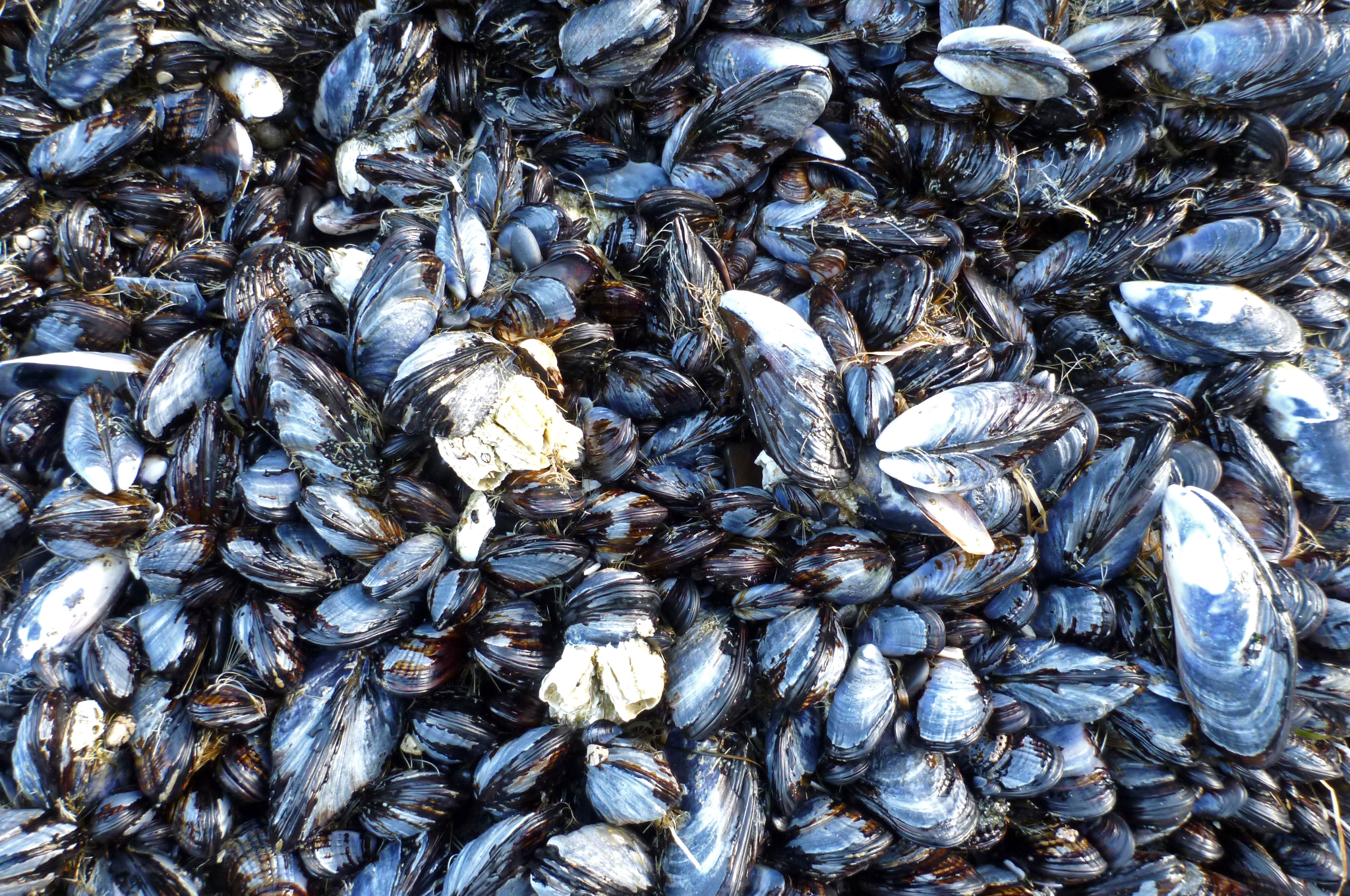Different organisms cope with their environment by using energy in different ways. Some might put more resources into growth while others spend most of their energy on reproduction. Dynamic Energy Budget (DEB) models can be used to describe how energy flows through a certain species compared to other similar organisms. This method has been used in several bivalve species to consider the effect of multiple stressors interacting in a changing environment.
Research by graduate student Allison Matzelle, Professor Brian Helmuth, and other colleagues, used the covariation method to establish DEB parameters for the west coast mussel, Mytilus californianus. With these values, it is possible to compare energetic strategies of the longer-living, more broadly distributed mussel to other mussels of the Mytilus genus to understand how climate change may affect the species.
Recently published in the Journal of Sea Research, the research showed that, when compared to other mussel species, M. californianus may have a better chance at surviving a wide range of environmental stressors that are likely to be brought on by a changing climate than other Mytilus species.

